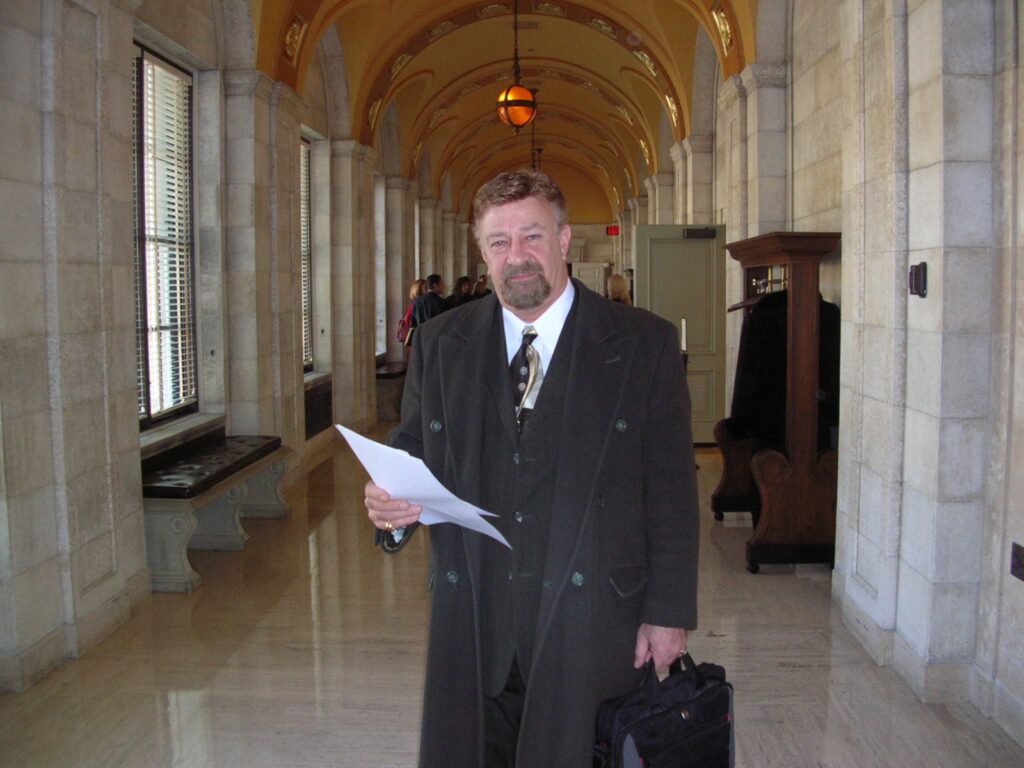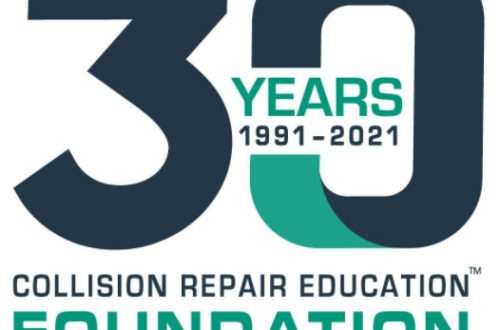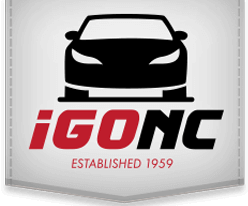AASP/NJ: Citing Section 64 Could Backfire on Insurers

Non-DRP shops in New Jersey often receive requests to match DRP pricing from insurers, who cite NJ 17:33B-36.1, commonly known as Section 64. AASP/NJ Executive Director Charles Bryant has voiced a plethora of concerns related to this statute and its impact on labor rates, but he recently pointed out that the “terms and conditions” phrase within Section 64 could require insurers to rethink their position on using it to force “prevailing” labor rates.
Section 64 begins: If an insurer has a financial arrangement with one or more auto body repair shops or other repair facilities or a network of facilities for the purpose of repairing vehicles covered under physical damage, collision, or comprehensive coverages, the insurer shall not deny a person the right to select an auto body repair shop or other repair facility of his choice for repair of a covered vehicle, provided that such auto body repair shop or other repair facility elected by the person accepts the same terms and conditions from the insurer, including, but not limited to, price, as the shop, facility, or network with which the insurer has the most generous arrangement.
Bryant suggested that independent collision facilities, when asked by insurers to match a DRP shop’s prices, have the right to request a copy of the DRP agreement in order to review the terms and conditions. Shops could also demand to join the DRP and, as a DRP shop, employ the ability to act as the appraiser. AASP/NJ offers a form to help member shops convey this message to insurance companies.
Referencing an unpleasant encounter with an insurer that cited Section 64 to mandate rates, Bryant recalled how the shop’s request for DRP benefits changed the insurer’s attitude from “very nasty and rude and obnoxious” to “the nicest people you want to see,” who were eager to resolve the shop’s problem.
Bryant’s argument provides a great reminder that DRP prices are not standard door prices; the shop with a DRP relationship has agreed to a reduced price in exchange for certain concessions, and an independent shop who likewise concedes to those price reductions are entitled to the same privileges in exchange for the pecuniary shortage.
According to Bryant, “Insurers typically refuse to provide a copy of the terms and conditions of their DRP agreements [because] they contain a strong non-disclosure proprietary and confidentiality statement; insurers do not want them to become public, and for good reason. Insurers are never going to offer non-DRP shops the same terms and conditions as their DRP shops. The insurance industry uses approximately 15% of an area’s shops, which they allow to participate in their DRP programs, to control the other 85% of the shops in any given area. If insurers were to allow non-DRP shops the same terms and conditions as their DRP shops, it would defeat the purpose of the DRP programs.”
The remaining verbiage in Section 64 raises additional concerns. Section 64 concludes: Prior to undertaking any repair, the auto body repair shop or other repair facility of the insured’s choice shall provide the insured with written notification, in a form to be established by the Commissioner of the Department of Banking and Insurance by regulation, that, by agreeing to have the auto body shop or other repair facility of the insured’s choice accept the same terms and conditions from the insurer as the shop, facility or network with which the insurer has the most generous arrangement, the insured may jeopardize any manufacturer or dealer warranty or lease agreement. Such notification form shall be signed by the insured prior to the undertaking of any repair.
Although Section 64 was made a statute in 1998, the Department of Banking and Insurance has yet to develop a form for vehicle owners to sign that indicates “letting the shop of your choice fix the car the way that the insurer would have it fixed is going to void your warranty,” Bryant explained, expressing doubt that any government agency would agree to create such a form.
While Section 64 has been described as an anti-steering law since it specifies “the insurer shall not deny a person the right to select an auto body repair shop or other repair facility of his choice for repair of a covered vehicle,” Bryant compared Section 64 to “a bucket with a hole in the bottom of it.”
When asked what type of recourse a shop might have if an insurer attempted to direct the vehicle owner to another shop due to rate disagreements, Bryant advised, “The first thing a shop should do is have his or her customer sign a proper authorization or contract to repair the vehicle. The next thing that an educated shop owner should do is make the insurer involved aware of this contract to repair the vehicle in writing. Then, if the insurer fails to make all reasonable efforts to reach an agreed price to repair the vehicle and convinces the shop’s customer to breach his or her contract, the shop will have the basis for a lawsuit for tortious interference.”
Mikhail and BMR v. NJM, a class-action lawsuit filed in June 2019, alleged that Prestige Auto Body was forced to substantially reduce its labor and paint charges to meet NJM’s “take it or leave it” pricing model, due to NJM’s failure to negotiate in good faith.
NJM responded two months later by filing a motion to dismiss in which the defendant’s lawyer, Michael J. Marone, Esq., interpreted Section 64 as a way to “ensure that New Jersey insureds have access to a number of licensed body shops that will perform the requisite work within the established estimates of New Jersey insurance carriers,” while also “preserving an insurer’s ability to obtain competitive prices that benefit the insured, minimize unnecessary costs, and prevent excessive inflation of insurance premiums in the State.”
Marone also claimed the statute “empower[ed] New Jersey insurance carriers, like NJM, to maintain a list of automobile repair facilities that perform repairs within the carriers’ established estimates.”
Commenting on the lawsuit, Bryant said, “The insurer is dictating what it will pay rather than making all reasonable efforts to negotiate an agreed price to repair an automobile as required by the regulations governing fair claim settlement practices, while the New Jersey Department of Banking and Insurance looks the other way.”
“When a collision shop fails to surrender and take whatever the insurer wants to pay, the insurer engages in unlawful ‘steering’ activity by claiming that the shop is being unreasonable and overcharging; they then pressure insureds to have their vehicles repaired at specific ‘preferred’ repair shops that can afford to fix the vehicles at lower rates because of the high volume of work being steered to them,” he continued. “This type of suit has to happen because of the unwillingness of greedy insurers to work these issues out and pay fair and reasonable rates for the procedures now required to safely and properly repair vehicles on the roads today.”
Insurers have also cited Section 64 to justify their refusal to pay for storage since DRP shops wouldn’t charge them storage fees; however, according to Bryant, the statute only applies to repair, not storage.
Though Section 64 hasn’t been enforced since it was initially decided, Bryant reported hearing about it now and predicted, “That is going to become an issue.”
“Insurers have held labor rates down for years to an amount less than bicycle shops get paid for their services,” Bryant stated. “With today’s vehicles, those days are over. There are specific repair procedures that must be followed and have to be performed in order to put the vehicle back to a safe operating condition after it’s damaged in a collision.”In a comparison he commonly makes between the insurance industry’s attempts to suppress labor rates and the game Let’s Make a Deal, Bryant said, “The collision industry needs to make it clear that it will no longer participate in such an activity. Insurers should stop playing games in order to hold down labor rates to an amount that does not reflect a fair and reasonable amount for the services collision shops provide or the investment they made in the training and equipment required to properly repair these cars.”
“[The collision repair industry] must insist on being paid a fair and reasonable labor rate for the work being performed and consider the training and equipment that is required to safely and properly repair these advanced automobiles,” Bryant added. “These issues are not going to get resolved by a divided industry.”


